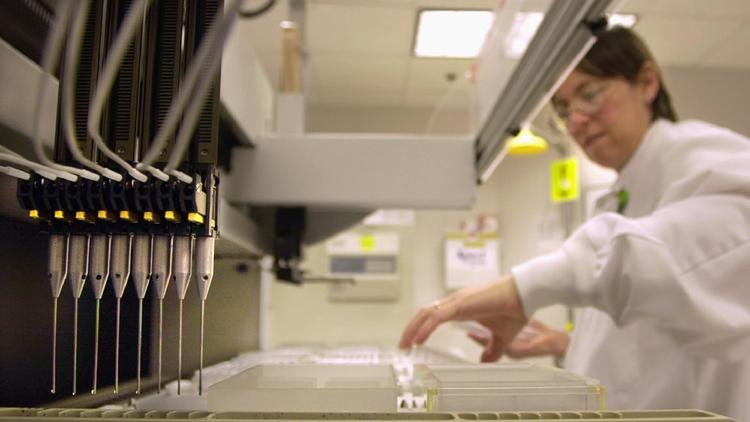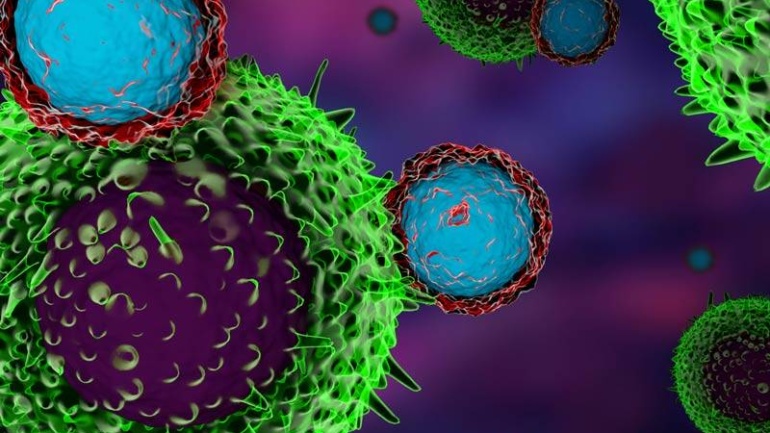New research offers insight into why regular, long-term use of low-dose aspirin may reduce the risk of death from colon and rectal cancers. Researchers have found that aspirin prevents blood cells called platelets from producing an enzyme that allows them to clump together. Tumor cells can often attach to these clumps and metastasize throughout the body. According to lead author Jane Figueiredo, director of Community and Population Health Research at the Samuel Oschin Cancer Institute at Cedars-Sinai Medical Center in Los Angeles: “Aspirin inhibits platelet activation, which also could inhibit metastases.” However, the use of non-aspirin, nonsteroidal anti-inflammatory drugs — also known as NSAIDs — such as ibuprofen, acetaminophen and naproxen wasn’t associated with better outcomes, and the timing of aspirin use appears to be critical.
To learn more, see full article here.




